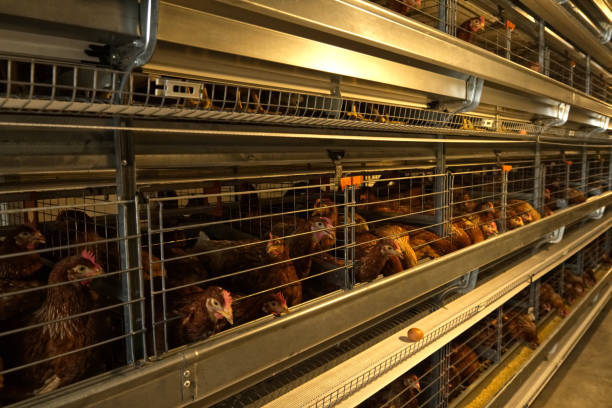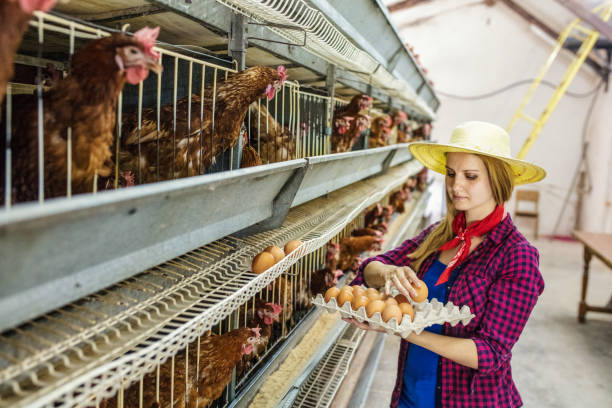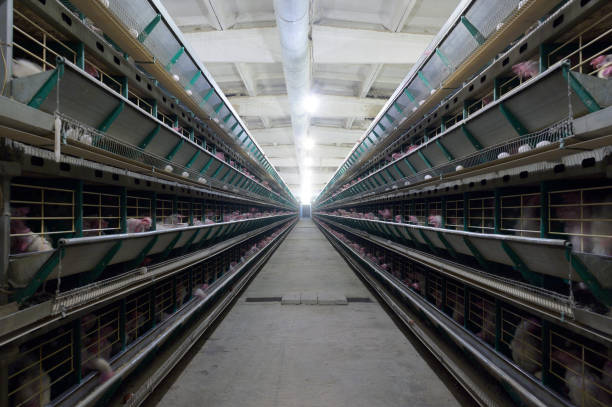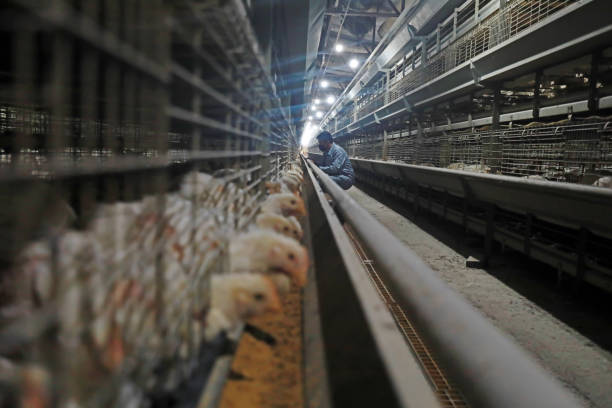
Layer chickens business plan for African markets
Layer chickens business plan for African markets
Starting a layer chicken business in Africa can be a highly profitable venture, provided it’s planned with care and backed by the right resources. As one of the fastest-growing regions in terms of population and urbanization, Africa presents a significant opportunity for poultry producers, particularly in the egg farming sector. With rising incomes and changing dietary preferences, the demand for nutritious proteins like eggs is on the rise. A well-structured business plan tailored to local conditions can help entrepreneurs tap into this growing market efficiently.
Understanding Market Demand and Local Conditions

Before diving into the business, it’s essential to do a thorough market analysis in the target region. Layer farming should be aligned with local consumption habits, purchasing power, and the competitive landscape. In many African countries, egg prices are sensitive to supply fluctuations, so planning for consistent production is key.
Additionally, infrastructure, feed availability, electricity supply, and access to clean water play a major role in determining the feasibility of a poultry farm. In areas where power outages are common, investing in backup power solutions becomes essential. Also, partnering with local suppliers or feed manufacturers can help reduce operational costs. It’s also worth noting that organic or free-range eggs are gaining popularity in urban centers, offering niche opportunities for premium pricing.

Choosing the Right Poultry Housing and Equipment
The success of a layer chicken business heavily depends on the quality of housing and equipment. Traditional open-sided houses are commonly used, but modern layer cage systems provide better control over disease, reduce feed wastage, and enable more efficient egg collection. These systems also allow for higher stocking density without compromising the health of the birds.

Livi Machinery provides a full range of solutions for layer farming including automated feeding systems, climate-controlled housing, and efficient egg collection belts. These systems are designed to be durable in tough climates and easy to operate even with limited technical expertise. Investing in the right poultry equipment not only improves productivity but also reduces labor demands and enhances overall profitability.
Breeding, Feeding, and Farm Management
Selecting the right breed of layer chickens is an important decision. Common breeds like the Hy-Line Brown, Lohmann Brown, and ISA Brown are known for consistent egg production and adaptability to various climates. Sourcing day-old chicks from reputable hatcheries ensures that birds are healthy and vaccinated, which is crucial for preventing outbreaks.
Nutrition is another key component of a productive layer business. A balanced diet rich in protein, minerals, and vitamins is necessary for maintaining high egg production levels. Working with local feed suppliers or setting up a small feed mill on-site can ensure the availability of fresh, high-quality feed. Water quality and availability should never be overlooked—birds should have access to clean, cool water throughout the day.
Disease prevention and biosecurity practices must be implemented from the start. Regular vaccination schedules, proper waste management, and periodic disinfection are essential. Training farm workers on best practices in poultry care and hygiene not only protects the flock but also improves the overall operation’s sustainability.
Financial Planning and Business Sustainability
A solid business plan includes detailed financial projections, including startup costs, ongoing expenses, and expected revenues. Initial costs will mainly involve land acquisition, construction of housing facilities, purchase of cages or rearing systems, buying chicks and feed, and hiring personnel. In many African countries, various agricultural development funds or microfinance institutions offer subsidies or soft loans to support livestock entrepreneurs, which can significantly lower entry barriers.
Revenue projections should be based on conservative estimates of egg production, price per dozen, and market demand. As layer hens typically lay eggs for about 14–16 months, the plan should also factor in replacement cycles. Diversifying revenue streams by selling manure as organic fertilizer or using it on a vegetable farm can add value to the business model.
Next Steps — Talk to the Experts
Whether you‘re a new entrepreneur or a seasoned farmer looking to expand into layer chickens, having a comprehensive plan tailored to the African market is essential. At Livi Machinery, we design and supply smart poultry farming solutions specifically adapted to local conditions and scalable to growing operations.
If you’re ready to take the next step toward starting or upgrading your layer chicken business in Africa, contact us today. Let our team help you select the best equipment and support your venture from setup to success. Just drop your details and our experienced advisors will get back to you right away.
